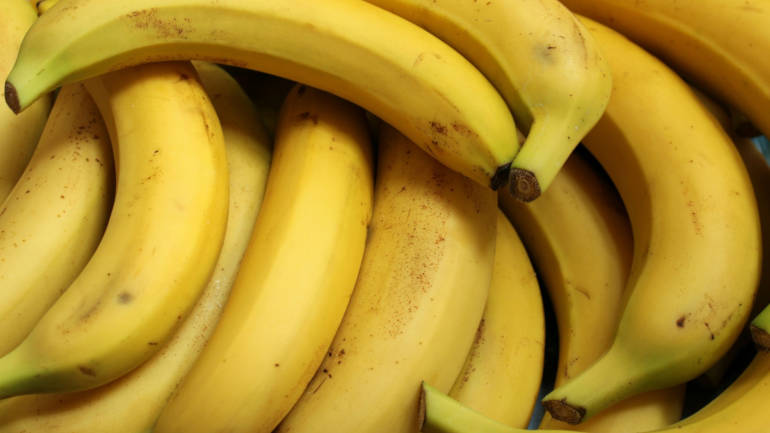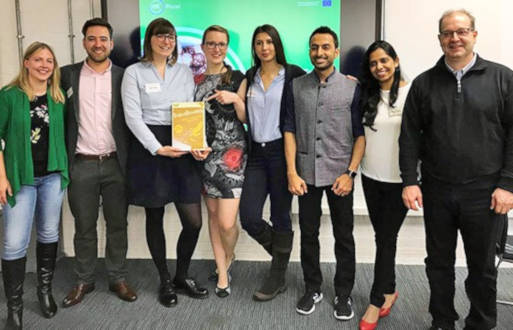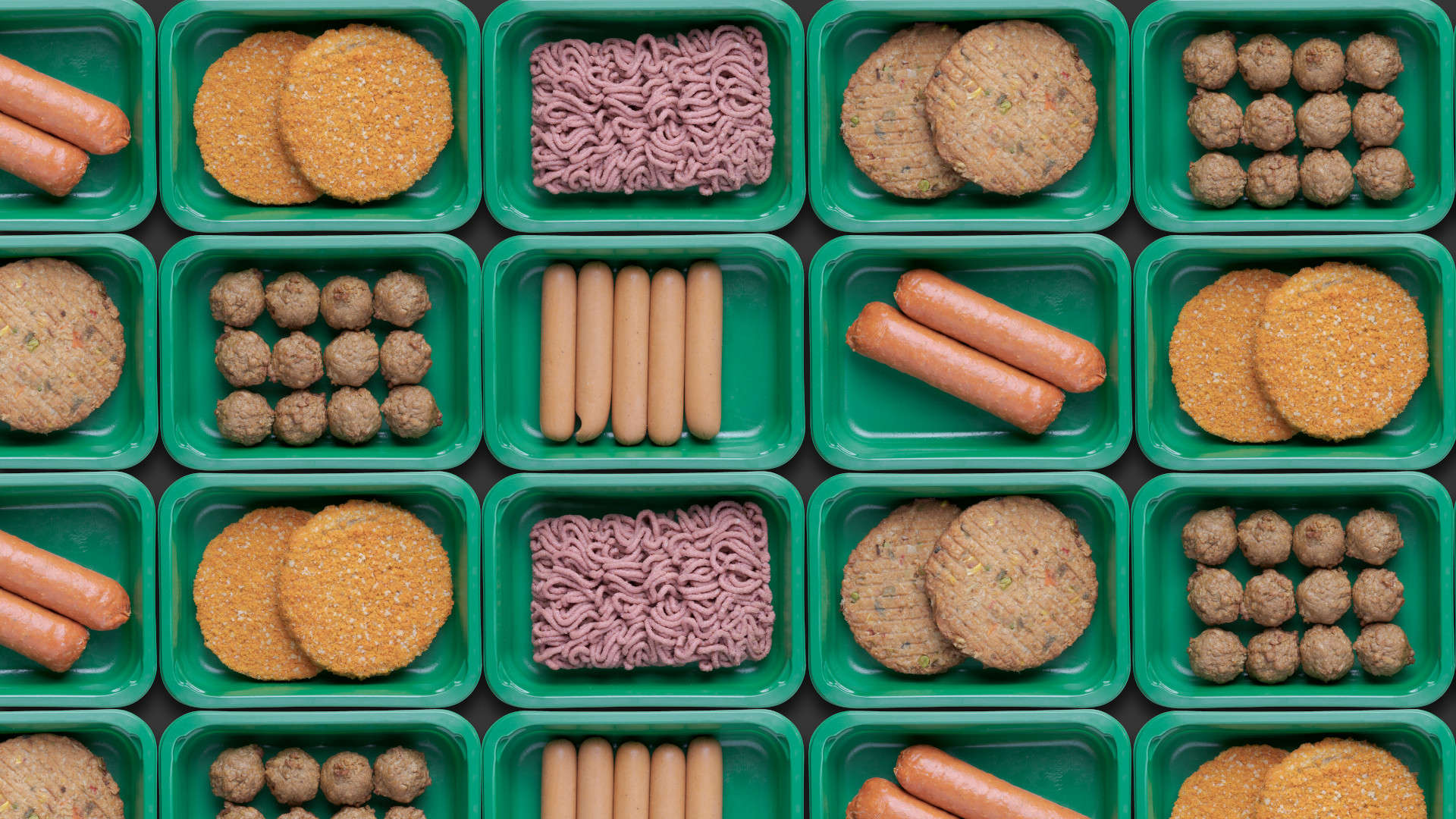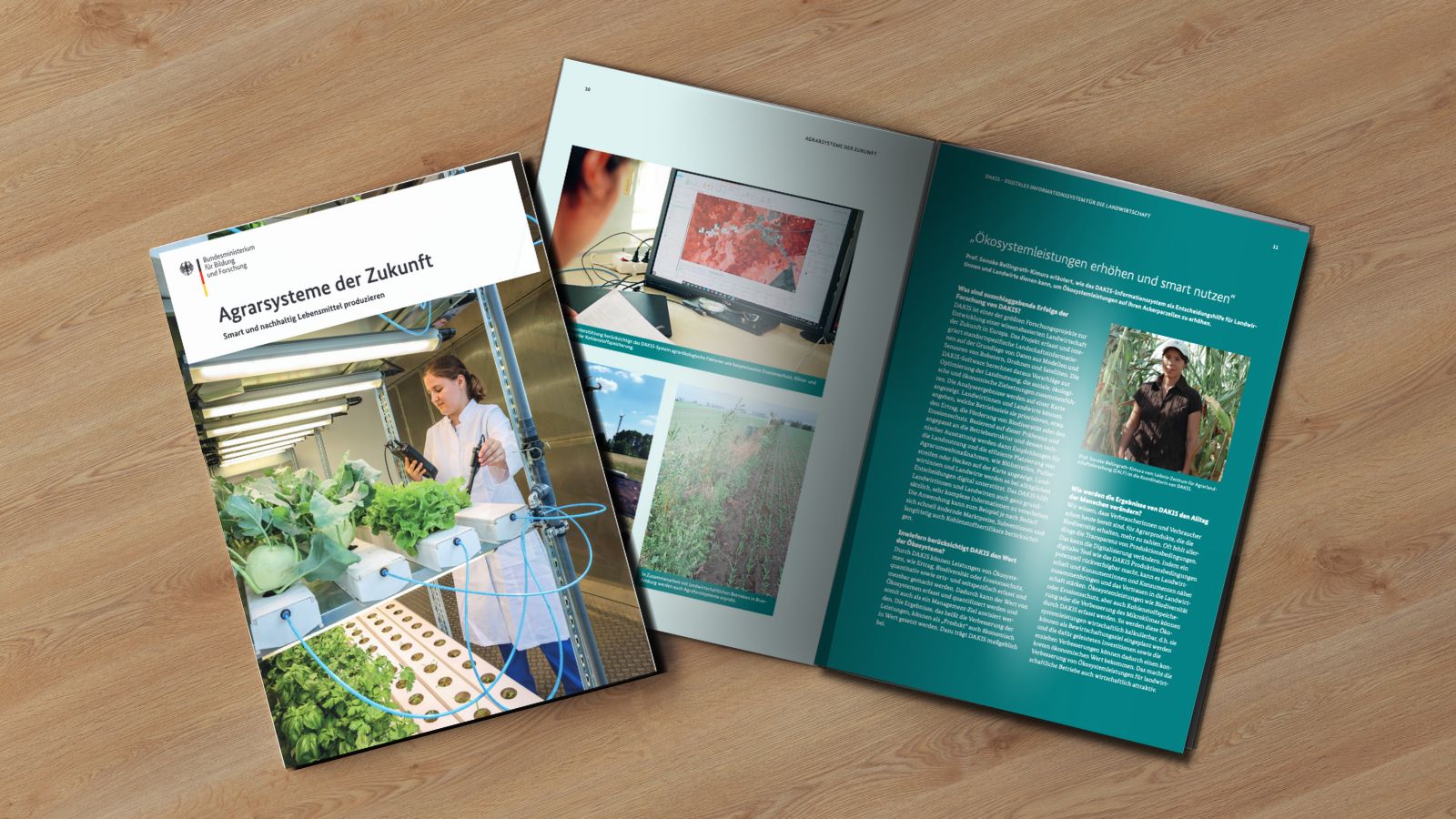Breakfast cereals from unsold foods
Students of the University of Hohenheim have won a European competition against food waste with their alternative breakfast cereals called "Banaboom".

It is a step towards reducing food waste: The European Institute for Innovation and Technology with a Focus on Nutrition (EIT Food) has launched a competition for Master and PhD students. The aim was to develop a product based on bananas, bread and potatoes that would be thrown away by retailers due to expired best before dates. The winner was a team from the University of Hohenheim with their "Banabooms".
Product idea for unsaleable bananas, potatoes and bread
The participating teams first obtained information from retailers about how the food to be recycled was produced. They also met a bakery producer to find out how he worked. The next step was to develop a product idea and a business model for the idea, including packaging and marketing of the product. Partners from industry provided advice and support.
The team from the University of Hohenheim celebrated its victory.

Croquettes, cake bars and breakfast cereals
A jury of industry experts then selected the winner. It was not only about the taste and nutritional value of the products, but also about the extent to which food waste can be avoided and the market potential of the idea. Students at the University of Reading (UK) had developed croquettes with a variety of fillings made from potatoes and bread crumbs. The team from the Belgian University of Leuven presented a cake-like bar of bread and bananas. However, the jury was most impressed by the Hohenheim product "Banaboom", an alternative to breakfast cereals based on bananas and available in different flavours.
Next step: commercialisation
The Hohenheim students are now entering a start-up competition with their product. The aim of the competition is to develop an economic concept and raise start-up capital in order to successfully commercialise the mature product idea. One of the industrial partners, the supermarket group Colruyt, which is active in Belgium and Luxembourg, has already signalled its interest.
EIT Food, based in Belgium, was founded in 2017. It is a European knowledge and innovation community specialised in nutrition that supports research activities in order to make them marketable more quickly. German companies, universities and research institutions are also involved.
bl/um


